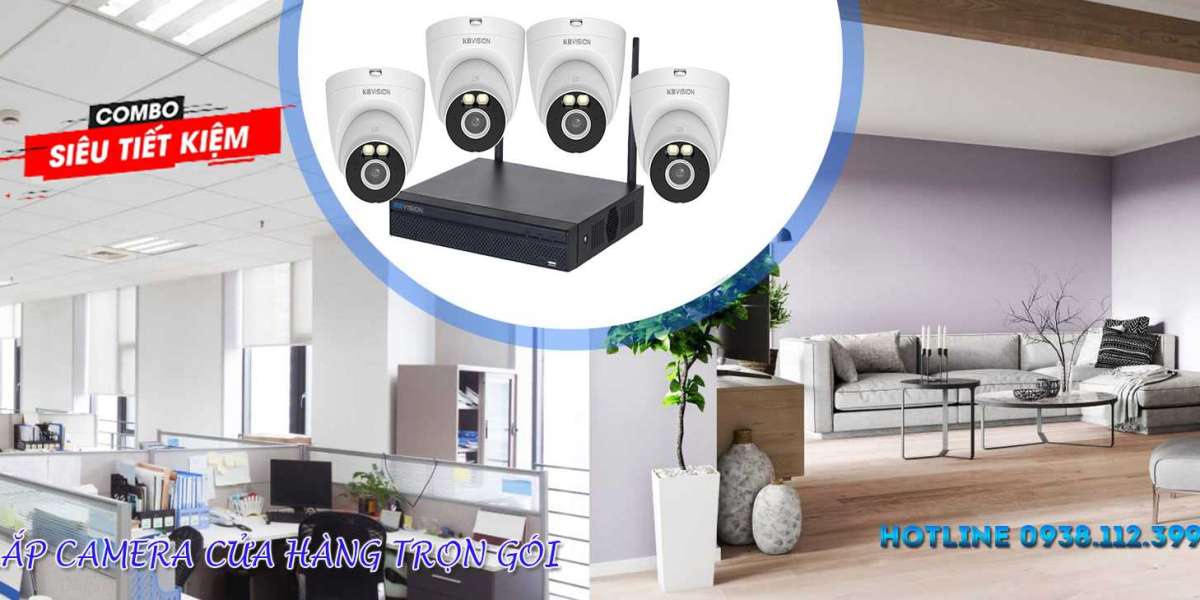In an age where power outages can disrupt daily life, understanding the importance of a home backup power supply is crucial. This guide aims to provide you with comprehensive insights into selecting the right backup power solution for your home.

Understanding Home Backup Power Supply Options
When considering a home backup power supply, it is essential to understand the various options available. The most common types include:
- Generators: These are portable or stationary units that run on gasoline, propane, or diesel.
- Battery Backup Systems: These systems store energy for use during outages and can be charged via solar panels or the grid.
- Uninterruptible Power Supplies (UPS): Ideal for protecting sensitive electronics, UPS systems provide immediate power during outages.
Factors to Consider When Choosing a Home Backup Power Supply
Choosing the right home backup power supply involves several critical factors:
- Power Capacity: Assess your power needs by calculating the wattage of essential appliances. This will help you determine the capacity required.
- Fuel Type: Consider the availability and cost of fuel. For instance, gasoline may be readily available, but it has a shorter shelf life compared to propane.
- Noise Level: Some generators can be quite noisy. If noise is a concern, look for quieter models or battery systems.
- Portability: If you plan to use your backup power supply in multiple locations, consider a portable option.
Installation and Maintenance of Your Home Backup Power Supply
Proper installation and maintenance are vital for the longevity and efficiency of your home backup power supply. Here are some tips:
- Always follow the manufacturer’s installation guidelines to ensure safety and compliance.
- Regularly test your system to confirm it operates correctly during an outage.
- Schedule routine maintenance checks, especially for generators, to prevent unexpected failures.
Conclusion: Making an Informed Decision
In conclusion, selecting the right home backup power supply requires careful consideration of your specific needs and circumstances. By understanding the different types of systems available, evaluating your power requirements, and ensuring proper installation and maintenance, you can safeguard your home against unexpected power outages. Remember, investing in a reliable backup power solution not only enhances your comfort but also provides peace of mind during emergencies.








